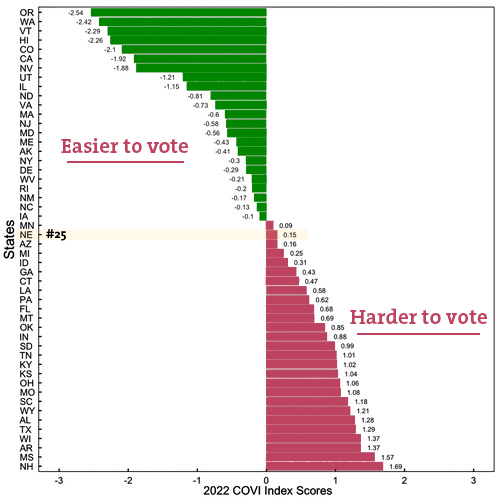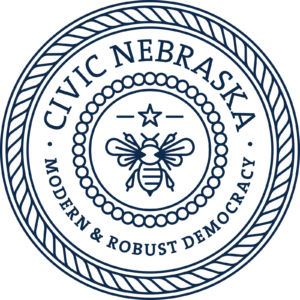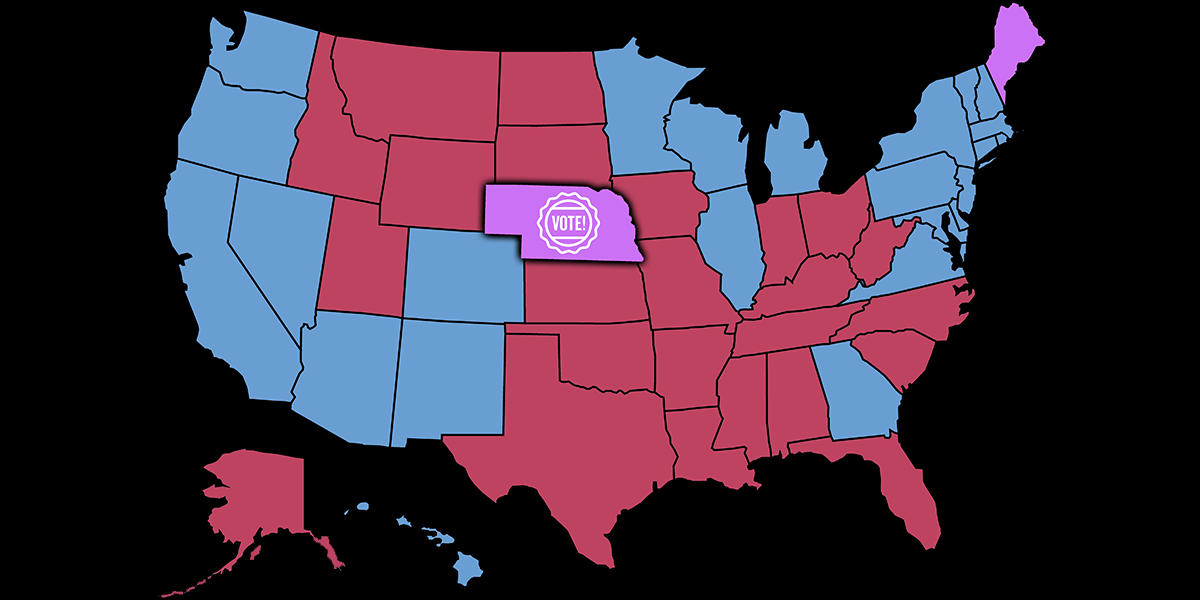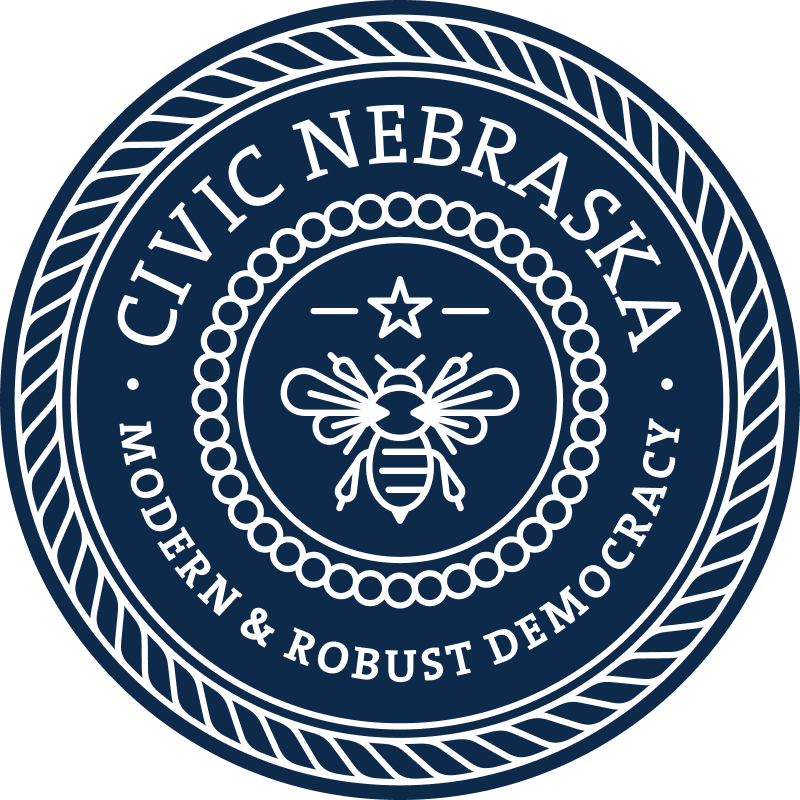Not only is Nebraska in the middle of the nation geographically, but the Cornhusker State also lands in the center of a 50-state ranking that measures the amount of time and effort it takes to vote.
Nebraska ranks 25th nationally in terms of how easy it is for voters to cast a ballot, according to the new study of voting laws in all 50 states called the 2022 Cost of Voting Index. The nonpartisan academic study examined the time and effort required to cast a ballot in each state following a number of new laws passed in statehouses around the country following the 2020 election.
Researchers based the rankings on 10 categories, including poll hours, access to early in-person voting and vote-by-mail, ease of registration, and more. Here’s how the states are stacked up.

Nebraska’s score was buoyed because 1) it is a no-excuse vote-by-mail state – any registered voter can request a vote-by-mail ballot for any reason; and 2) The fact Nebraska is not in the “voter ID club,” or states that narrow the opportunity and ability to vote via stringent ID-card requirements. Of course, that will change next year if voters approve Initiative 432, a strict voter ID measure that would put Nebraska among the most restrictive voter ID states (we encourage you to vote AGAINST Initiative 432 in November).
Overall, Nebraska’s ranking slipped five spots from 2020 (No. 20). Why? Legislative action in almost every statehouse means ease of voting across the nation is always shifting; comparatively, Nebraska has not made sweeping changes in that time that seriously affect election access. By essentially standing pat, it was surpassed this year by states that codified pandemic-era changes since 2020 to ensure continued ballot access.
Voters in New Hampshire and Mississippi faced the highest personal cost in terms of the time and effort required to cast a ballot, while voters in Oregon and Washington – both all-vote-by-mail states – have it the easiest.
What can Nebraska do to improve its national ranking? Naturally, we have a few suggestions:
›› Defeating the latest voter ID push. This one is obvious, and we’ve written extensively on how Nebraska’s version of voter ID would place our state among the most restrictive in the nation.
›› Removing county population requirements for all-vote-by-mail elections. Currently, 11 Nebraska counties – Cedar, Cherry, Boone, Clay, Morrill, Dawes, Garden, Stanton, Knox, Dixon, and Merrick – conduct elections entirely by mail. These counties take advantage of a state law allowing counties with under 10,000 people to switch to all-vote-by-mail. We support removing the population requirement, allowing more Nebraska counties to save money, increase security, and drive higher turnout by going all-vote-by-mail.
The study’s authors are bullish on vote-by-mail – they note that such systems improve election security because there can be more careful bipartisan or nonpartisan deliberation of signature matches, ballot authenticity, and other issues related to ballot integrity.
›› Approving automatic voter registration to make registering “opt-out” instead of “opt-in.” Eligible voters who engage with government agencies like the DMV would be registered to vote or have their existing registration information updated automatically (unless they ask for it not to be). That voter’s information is then transmitted to election officials electronically rather than via paper registration forms. These cost-effective reforms are proven to increase registration rates and help clean up voter rolls.
›› Declaring Election Day a state holiday. LB577, introduced by State Sen. Eliot Bostar in the last legislative session, would have made the first Tuesday after the first Monday in November of even-numbered years a state holiday. The bill also would require vote-by-mail return envelopes to be postage paid and preprinted with the election commissioner or county clerk’s address, another ease-of-voting measurement in the study. The bill did not rise out of committee.
The study was authored by Scot Schraufnagel of Northern Illinois University, Michael J. Pomante of States United Democracy Center, and Quan Li of Catalist, and appeared in the latest edition of Election Law Journal. See the full report here.



